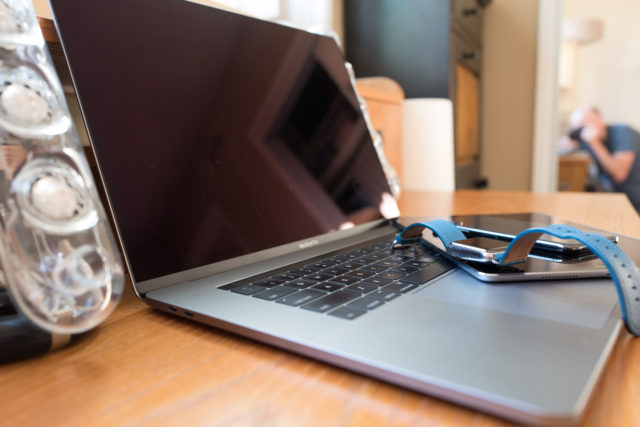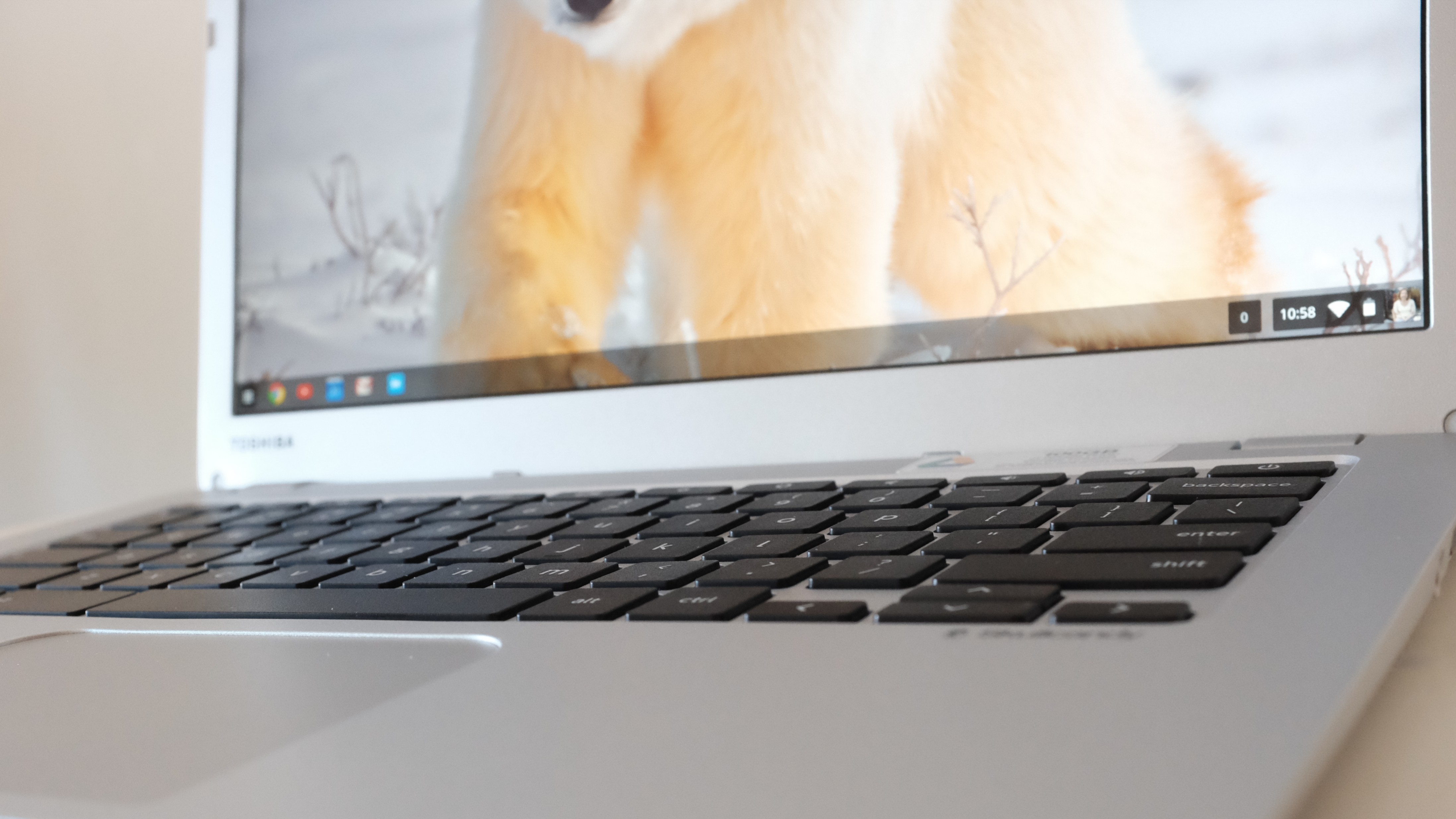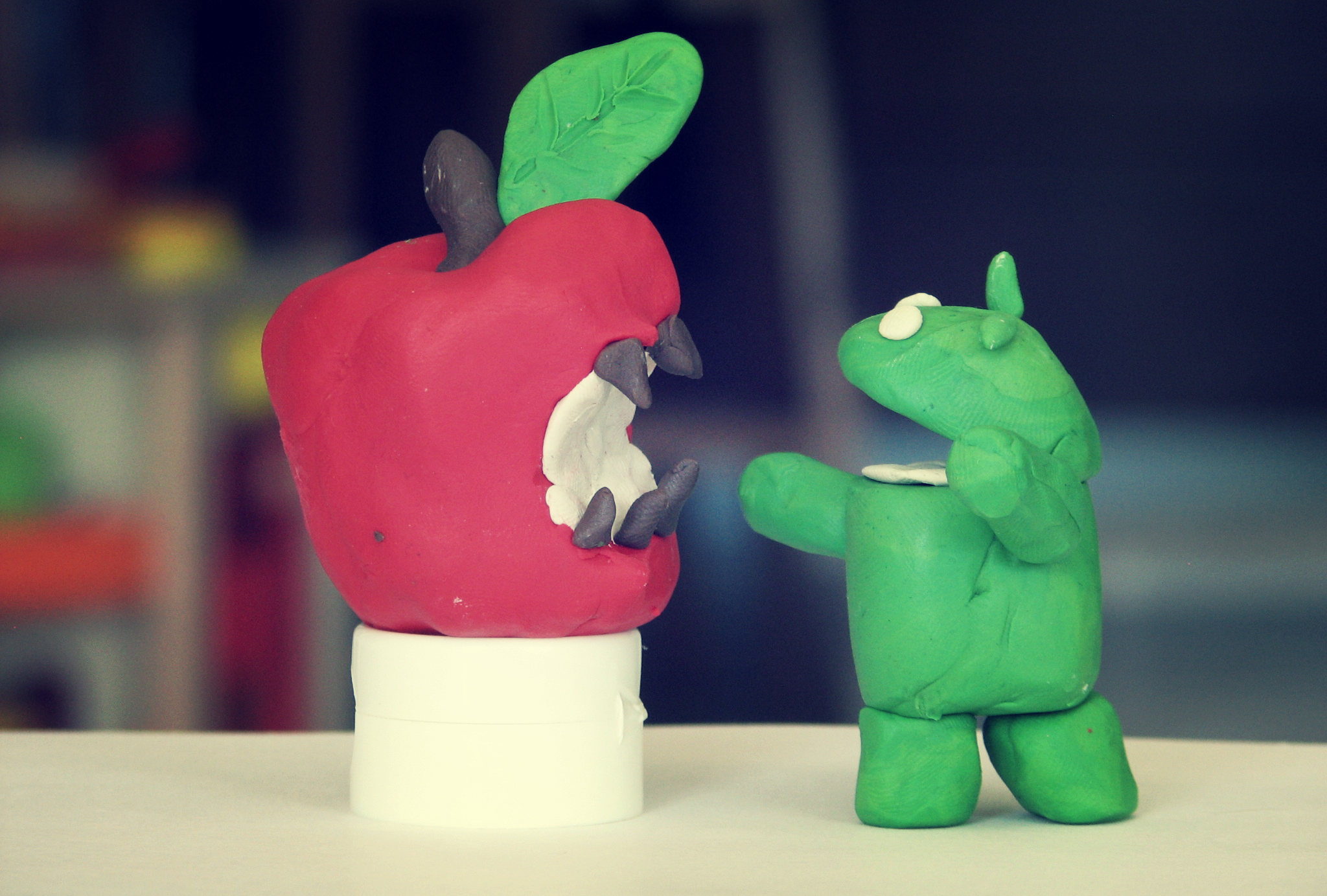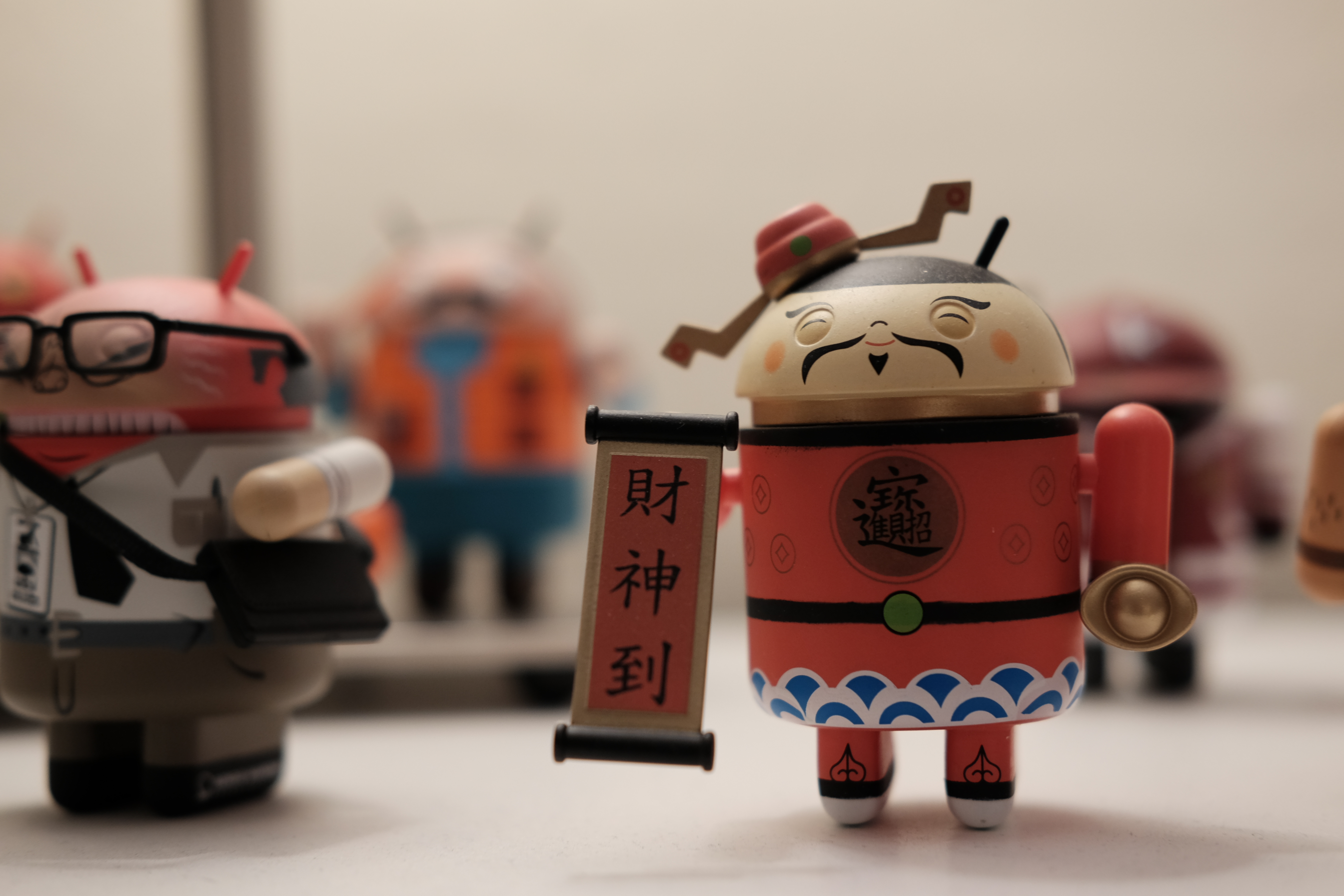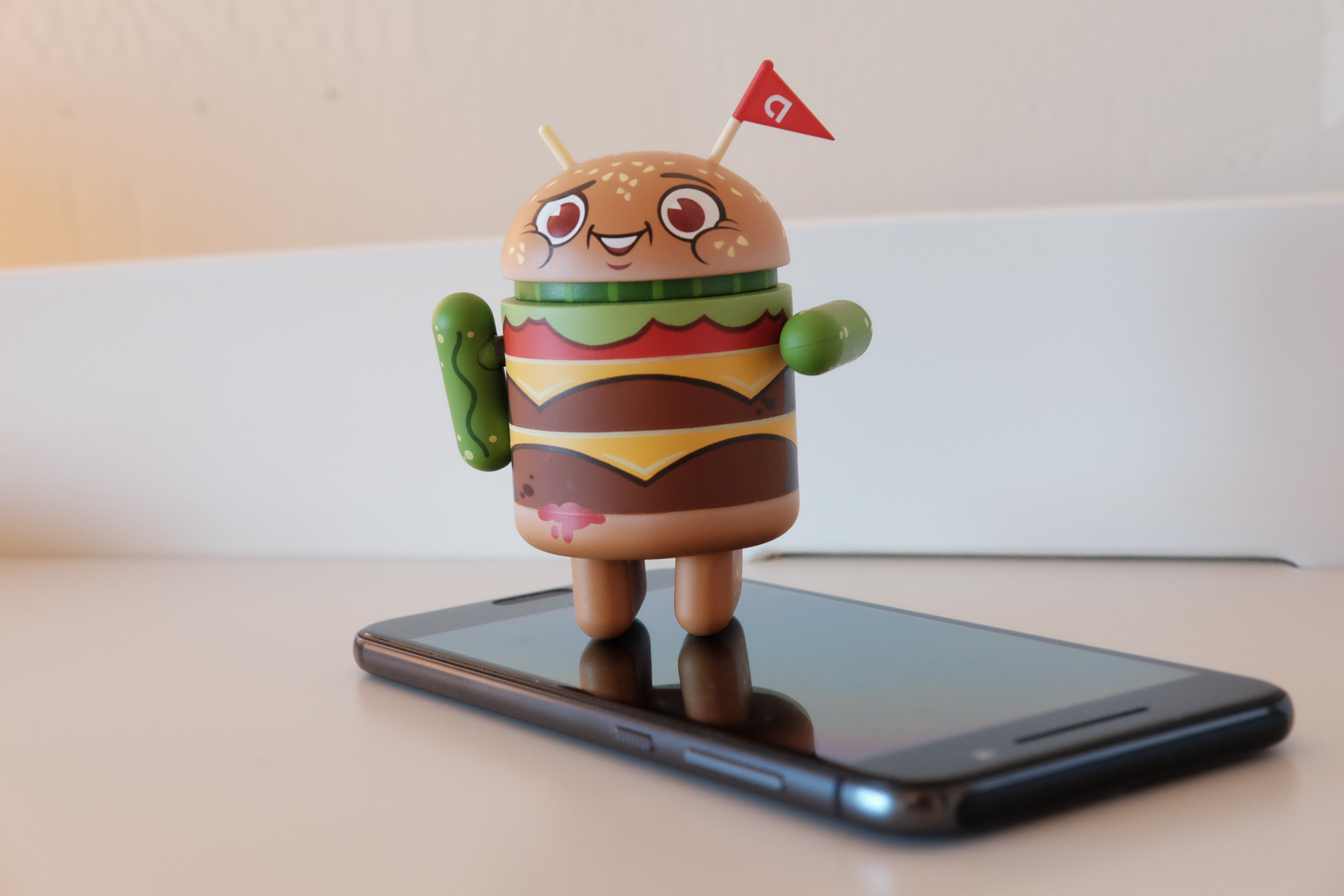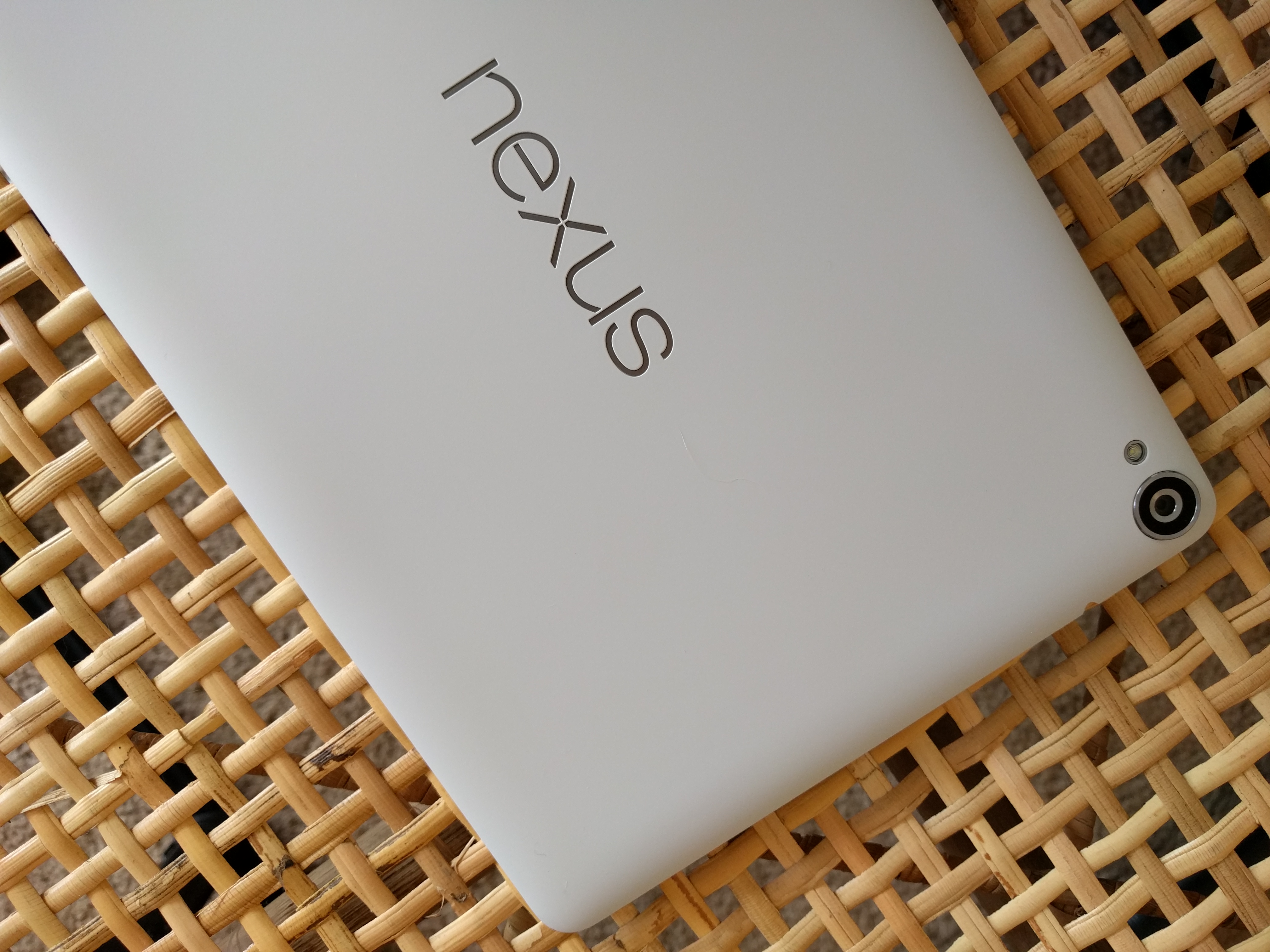I am a big believer in change, as being beneficial, and I will occasionally switch computing platforms to shake up habits and my digital lifestyle. Watching Google’s advances with Assistant, and anticipating release of a new Pixel Chromebook, I expected to swap out my Apple gear before end of the year. But that isn’t the case. I start 2018 pretty much as I did 2017—looking at that bitten-fruit logo on my major personal devices.
There is the 15.4-inch MacBook Pro with Touch Bar that I purchased during the last week of November 2016. The other three gadgets released last year and replace like gear: Apple Watch Series 3 LTE (Stainless Steel); iPad Pro 10.5 LTE; iPhone X. Additionally, there is an Apple TV 4K in the living room.
